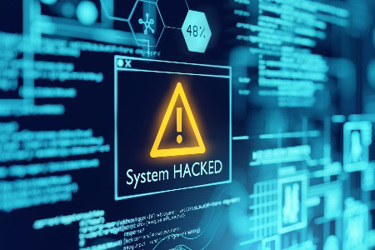Following Pipeline Cyberattack, Biden Vows To Better Protect Water Systems


A dangerous cyberattack on critical U.S. infrastructure this month has underscored the ongoing threat that these kinds of attacks pose to drinking water systems, and the president has taken notice.
The FBI has confirmed that hackers successfully forced the Colonial Pipeline, which provides gasoline and jet fuel to much of the East Coast, to shut down.
“Hackers … held up Colonial Pipeline’s business networks with ransomware, a form of malware that encrypts data until the victim pays, and threatened to release it online,” The New York Times explained. “Colonial Pipeline pre-emptively shut down its pipeline operations to keep the ransomware from spreading and because it had no way to bill customers with its business and accounting networks offline.”
The attack caused gas prices to spike, forced some airplanes to make extra fuel stops, and compelled strategy meetings at the White House. It has also promoted the president to assure voters that other critical systems, including those that provide drinking water services, are not susceptible to similar attacks.
“We launched a new public private initiative in April, began the 100-day sprint to improve cyber security in the electric sector, and we’ll follow that with similar initiatives in natural gas pipelines, water and other sectors,” Biden said, according to Nikkei Asia.
As the Colonial Pipeline attack underscored, there is certainly reason for drinking water systems to be concerned about an increase in cyberattacks. Following a high-profile hack of a system in Florida, U.S. lawmakers vowed to better protect such infrastructure. But their work will have to contend with a rising tide of perpetrators who may have national resources behind them.
“Cyberattacks on key infrastructure — including energy networks, factories and water supply systems — rose 50% across the world from the prior year in 2020,” Nikkei Asia reported. “In a growing number of cases, state actors are suspected to be involved.”
To read more about how drinking water plants protect against crises like cyberattacks, visit Water Online’s Resiliency Solutions Center.
